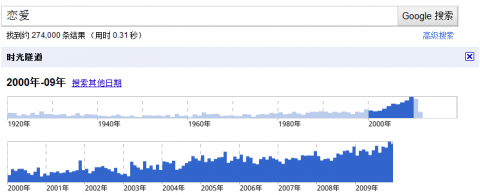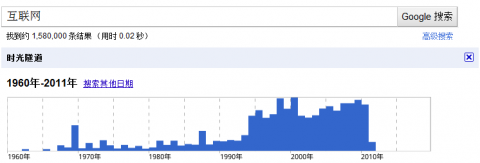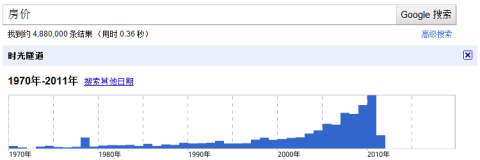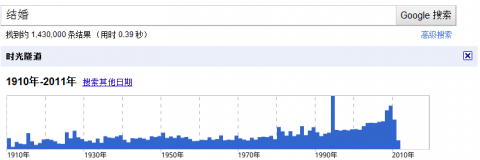Ethan Gutmann: Who Lost China’s Internet?
It’s not easy being the father of the Chinese Internet. Children are running by, boats are paddling, the smell of roast lamb fills the air, and Michael Robinson, a young American computer engineer, sits rigidly, facing an empty cafe on the shore of Qinghai Lake, speaking in a low voice of the crackdown. “What is better? Big brother Internet? Or no Internet at all?” Michael asks.
Michael was hired in 1996 by the Chinese government and Global One (a Sprint-France Telecom-Deutsche Telekom joint venture) to build the first network in China providing public access to the Internet. One day sticks in his mind. The Chinese engineers working with him suddenly convened a special meeting, demanding to know if it would be possible to do keyword searching inside e-mails and web addresses on the Chinese Internet. Not really, Michael replied; all information that travels the Net is broken up into little packets. It’s hard to “sniff” packets of information, particularly coded packets. You would need to intercept packets as they travel, and then there’s the problem of collating the information they contain, actually making sense of it. Yes, yes, they said, but can you do it? On the third go-round, it dawned on Michael that his fellow computer geeks wanted to end the meeting, too. But at a higher level, someone required assurance. Before Internet construction proceeded further, they would need to monitor what Chinese users did with it. For the engineers, this was just cover-your-ass stuff. As long as the foreigner assured them that down the road the Chinese would be able to build an Internet firewall against the world and conduct surveillance on its own citizens, the engineers could continue working with him. Yes, yes, it can be done, Michael told them, and they went back to work.










